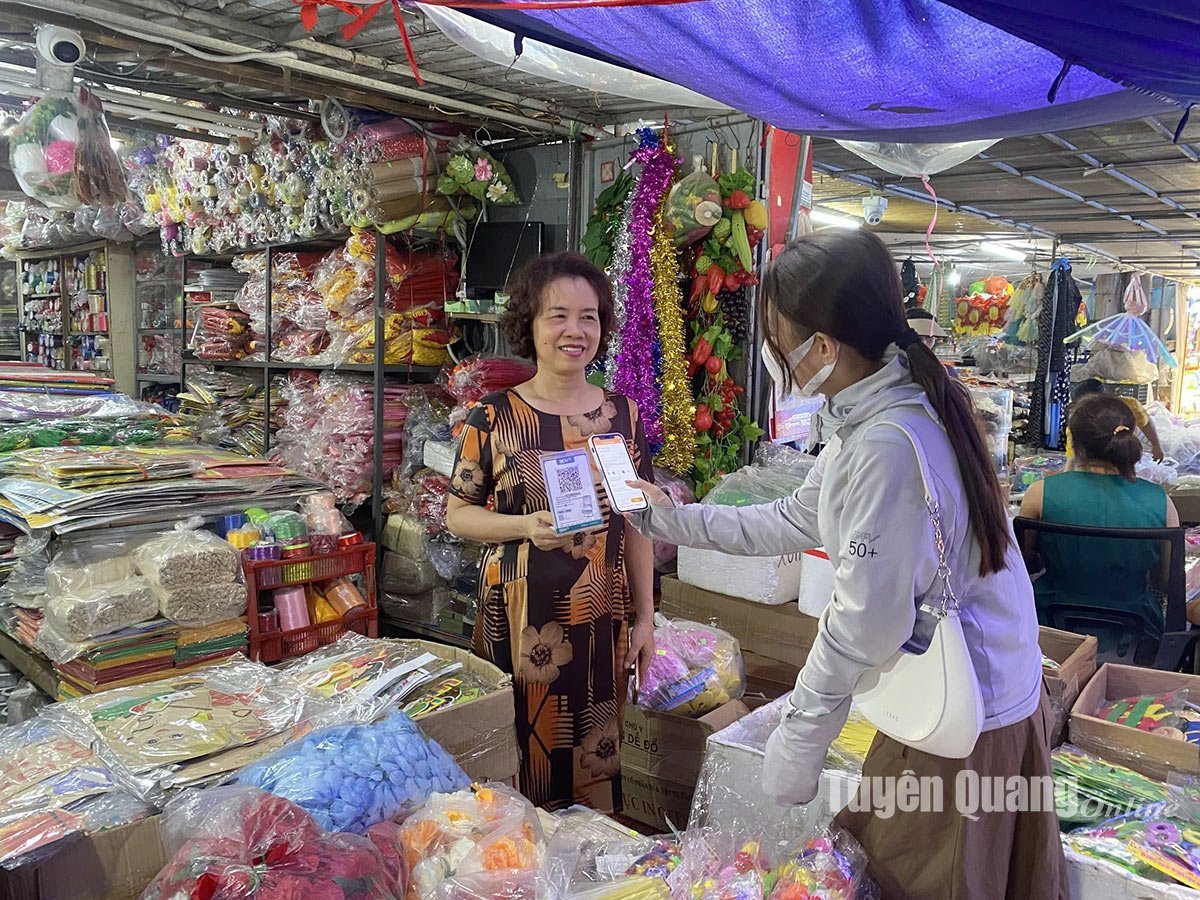On the afternoon of June 26, continuing the 7th Session of the 15th National Assembly, at the National Assembly House, under the chairmanship of National Assembly Chairman Tran Thanh Man, the National Assembly discussed in the hall the draft Law amending and supplementing a number of articles of the Law on Pharmacy.

Studying the draft documents of the Law on amending and supplementing a number of articles of the Law on Pharmacy, National Assembly Deputy Le Van Cuong, Deputy Director of the Thanh Hoa Department of Health (Thanh Hoa Province National Assembly Delegation) found that if passed, the draft law could resolve most of the problems and shortcomings; at the same time, add many new issues to ensure increased access to medicine for people, creating convenience for people and businesses.
To continue perfecting the draft Law, delegate Le Van Cuong contributed some more opinions, namely: Regarding Clause 5, Article 1 of the draft Law, it stipulates: Amending and supplementing a number of clauses of Article 7. Article 7 of the current Law on Pharmacy stipulates "State policy on pharmacy", accordingly, Clause 5, Article 1 of the draft Law stipulates: Amending and supplementing a number of clauses of Article 7 of the Law on Pharmacy (2016). In particular, the draft Law proposes and supplements many preferential, priority, and support policies... in many fields such as scientific research; technology transfer; investment incentives, finance, bidding; tax policies; records, procedures; distribution; human resource training...
In order for these policies to be feasible, that is, to be implemented in practice, it is necessary to specify what those incentives are; the order, procedures, documents and conditions for enjoying incentives and support from the State. Technically, there are policies that cannot be specifically regulated in the Law but must be regulated in sub-law documents or referred to the provisions of other relevant Laws. However, the current Law on Pharmacy as well as the draft Law do not clearly stipulate the assignment of detailed regulations on these policies or do not refer to the provisions of other relevant Laws. Therefore, delegate Le Van Cuong suggested that it is necessary to specifically stipulate in the draft Law the assignment of the Government or competent ministries and branches to specify detailed regulations of the State's policies on pharmacy.
Regarding the regulations related to the form of pharmacy chain business: The Draft Law has additional provisions for the form of pharmaceutical business to be pharmacy chain. Accordingly, Clause 47, Article 2 adds the explanation of this form as follows: “A pharmacy chain is a system of pharmacies operating pharmaceutical business according to a unified quality system set forth by the enterprise organizing the pharmacy chain.”
According to the above explanation and other related contents about pharmacy chains in the draft Law, it can be understood that the form of pharmacy chain business is only organized by the entity "enterprise" and the draft is using the phrase "enterprise organizing pharmacy chain" 9 times. In fact, pharmaceutical business can be conducted by many different types of entities such as: enterprises, cooperatives, cooperatives, households and individuals... Thus, pharmaceutical business is not only for enterprises and pharmacy chain business cannot be only for enterprises. The provisions as in the draft Law may limit the business rights of some other entities when they meet the conditions prescribed by law and indirectly limit people's access to drugs.
Therefore, it is recommended to consider revising the phrase "pharmacy chain organization enterprise" to "pharmacy chain organization establishment" to ensure consistency in the use of the Law's terminology, which is "pharmacy business establishment" and to ensure accuracy and comprehensiveness for pharmaceutical business entities as analyzed.
Regarding pharmaceutical business by e-commerce, delegate Le Van Cuong said that the draft Law's additional provisions on trading drugs and pharmaceutical ingredients by e-commerce are extremely necessary. This provision aims to both legalize and regulate issues that have arisen in practice without legal regulations, and ensure people's right to access drugs quickly and effectively with a variety of choices to be proactive in health care and protection.
However, pharmaceutical business in general and drug business in particular are very special items because they directly affect the lives and health of people. For normal pharmaceutical business, there are already very strict regulations, but for pharmaceutical business by e-commerce, there must be even stricter and more specific regulations. In fact, in recent times, business in general through social networking platforms has flourished and is carried out spontaneously, without limits on time and space of transactions. People can access drugs quickly, effectively, and with a wide range of choices; however, people are also at high risk of facing many types of counterfeit drugs and drugs that do not meet quality standards.
Studying the regulations on amending Clause 2, Article 6; Point a, Clause 1, Article 32; supplementing Clause 1a and Clause 4, Article 42 related to pharmaceutical business through e-commerce, delegate Le Van Cuong realized that these are only very general regulations that are not specific and not strict for pharmaceutical business. For example, is it necessary to register for the type of pharmaceutical business through e-commerce? If registration is required, is the amended content in Clause 2, Article 6 of the Draft Law appropriate or not when it stipulates “2. Pharmaceutical business at a place other than the registered pharmaceutical business location, except for trading, buying and selling activities through e-commerce.”
While the law on electronic transactions strictly regulates the registration and conditions for registering electronic transactions; next, how are the organization, human conditions, and facilities for operating transactions, including drugs and pharmaceutical ingredients, regulated? The related legal responsibilities of the parties? Types of drugs, prescription or non-prescription, medicinal herbs that are allowed to be traded or restricted from trading via e-commerce... not specifically regulated.
From the above analysis and examples, it is recommended that the pharmaceutical business by e-commerce method needs to be reviewed, its impact assessed more carefully, and regulated more strictly and completely to have sufficient mechanisms to control and best protect the lives and health of the people.
Quoc Huong
Source: https://baothanhhoa.vn/dbqh-le-van-cuong-tham-gia-gop-y-ve-du-an-luat-sua-doi-bo-sung-mot-so-dieu-cua-luat-duoc-217802.htm




































![[Photo] Prime Minister Pham Minh Chinh chairs Government Conference with localities on economic growth](https://vstatic.vietnam.vn/vietnam/resource/IMAGE/2025/2/21/f34583484f2643a2a2b72168a0d64baa)





















































Comment (0)